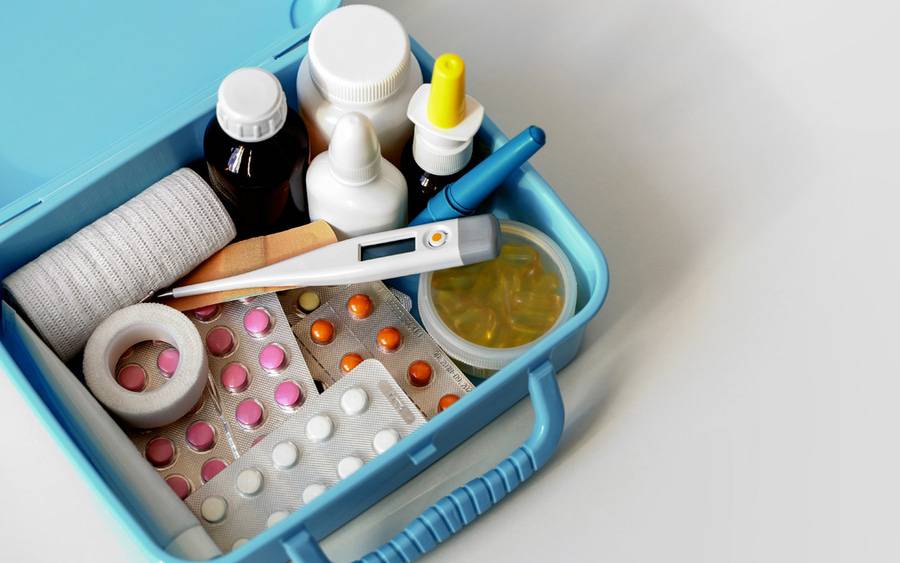


The winter is just around the corner, and so along with it, the inevitable cold and flu season.
The winter is just around the corner, and so along with it, the inevitable cold and flu season. Winter is that time of the year when we are always asked to prepare and gear up for the worst. While it brings joy to the festivities of holidays, cozy evenings around the fireplace, and hot cups of coffee, not everyone shares the same feelings about the oncoming cold and flu season.
The best advice a general physician could give would be to have a strong immune system. To be frank, your immune system is the major defense against the common cold and flu.
Dietary Balancing: Citrus fruits, oranges, and lemons include other foods that have a positive effect on the immune system, like spinach and kale which are leafy greens, and fish and chicken which are lean proteins. Rich foods in vitamins C and E, zinc, and antioxidants help to fight infections in your body.
Hydration: Drink water to flush out these poisons from your body and keep your mucous membranes moist, making it harder for viruses to implant. Try herbal teas or warm lemon water as well for an added boost.
Get Good Sleep: The human body repairs itself when it is asleep. According to some studies, the likelihood of acquiring a specific infection, like the common cold, is higher in a person when he or she is not able to sleep well. In short, one of the easiest yet most straightforward ways to prepare for the coming cold and flu season is by getting 7–9 hours of quality sleep per night.
Year after year, general physicians have given out the flu vaccine as one of the best preventive measures against the flu. This is especially emphasized if you come from a higher risk category; in the elderly, young children, or those who have chronic health conditions. Even if you are generally healthy, getting vaccinated not only safeguards you but also helps in decreasing the transfer of the virus around you.
Second, the influenza vaccine will save you from the flu but does not prevent you from catching the cold. You are better off by lowering the likelihood of having the flu, as that would be much worse than a simple cold.
Germs are everywhere, and viruses that cause colds and the flu survive for hours on surfaces like doorknobs, countertops, and even your cell phone. General physician’s advice is essential on good hygiene, which should be taken to avoid contracting these harmful germs.
Wash Your Hands Often: Wet your hands with clean, running water and apply enough soap to cover your hands. Lather your hands for at least 20 seconds. Then rinse with warm water. If soap and water are not available, use a hand sanitizer that contains at least 60% alcohol.
There is a common myth that cold temperatures directly give one the flu or cause a cold. However, extreme temperatures can weaken the immune system. Dressing warmly is one of the general physician’s advice you should follow, so your body saves energy and utilizes it in combating viruses instead of maintaining body temperature.
Dressing up in layers, wearing hats and scarves, as well as protecting your feet, is the first step toward maintaining a well-built resistance against cold and flu.
Chronic stress has a bad effect on your immune system, which means you are much more susceptible to catching colds and flu. In many parts of the world, the cold and flu season coincides with the holiday season, a most stressful time of the year for most people. Proper management of your stress is very important in keeping your immune system in good condition.
Here’s how you can effectively manage your stress:
Mindfulness or meditation: Meditate for just 10 minutes or do some deep breathing exercises. This will calm your mind and reduce the level of stress.
Exercise: Exercise releases endorphins that boost your mood and immune system. You can make a significant change even in moderate exercises like walks or practicing yoga.
A general physician advises a stress management regime as part of the required healthy maintenance measures during winter seasons.
